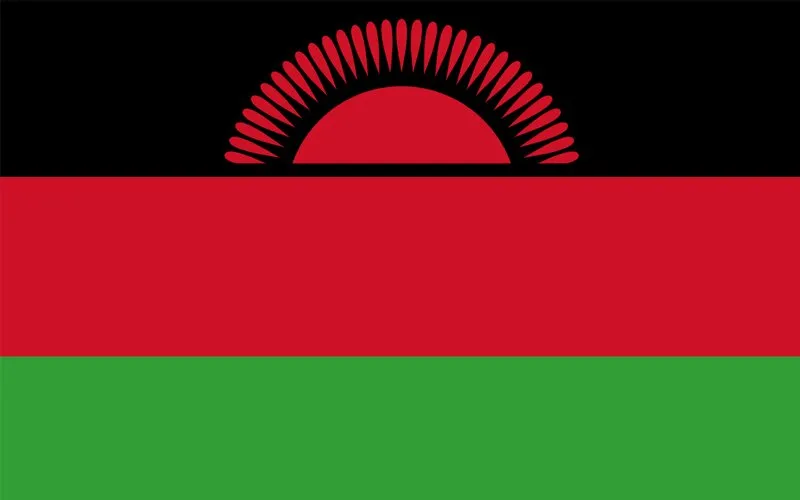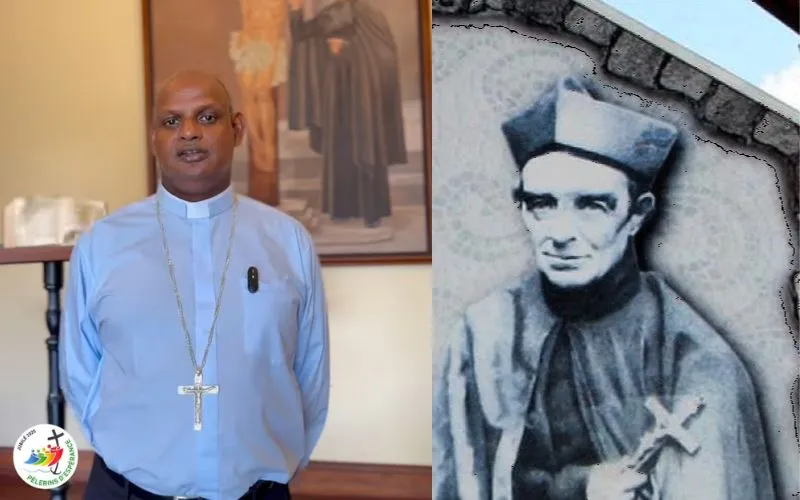Lilongwe, 27 October, 2020 / 9:00 pm (ACI Africa).
Incidents of impunity, public insecurity affecting deprived members of society as well as failure to address historical injustices in Malawi are some of the matters of concern, which the leadership of one of the Commissions of the Episcopal Conference of Malawi (ECM) is raising.
In a statement shared with ACI Africa Tuesday, October 27, the leadership of the Catholic Commission for Justice and Peace (CCJP) of ECM says “it is abhorred by the worrying state of lack of respect for the law, public insecurity especially for vulnerable groups and the neglect of long standing and entrenched social injustices in the country.”
“CCJP has observed that there is indifference towards the safeguarding of the sanctity of life, effective protection of the vulnerable groups and observance of the value of the common good,” the Church officials say in their statement signed by the National CCJP Coordinator, Boniface Chibwana.
In the two-page statement dated October 24, CCJP officials bemoan “growing mob violence, degradation of public security, thriving ritual and witchcraft-based violence” in the landlocked Southeastern African nation.
“Continued cases of witchcraft-based violence, defilement of young girls, the soaring numbers of teen pregnancies and child marriages and increased incidents of theft demonstrate systemic defects in the protection systems to safeguard the rights of the elderly and youths as a clear manifestation that duty bearers are not doing enough to protect these vulnerable groups,” they say.








